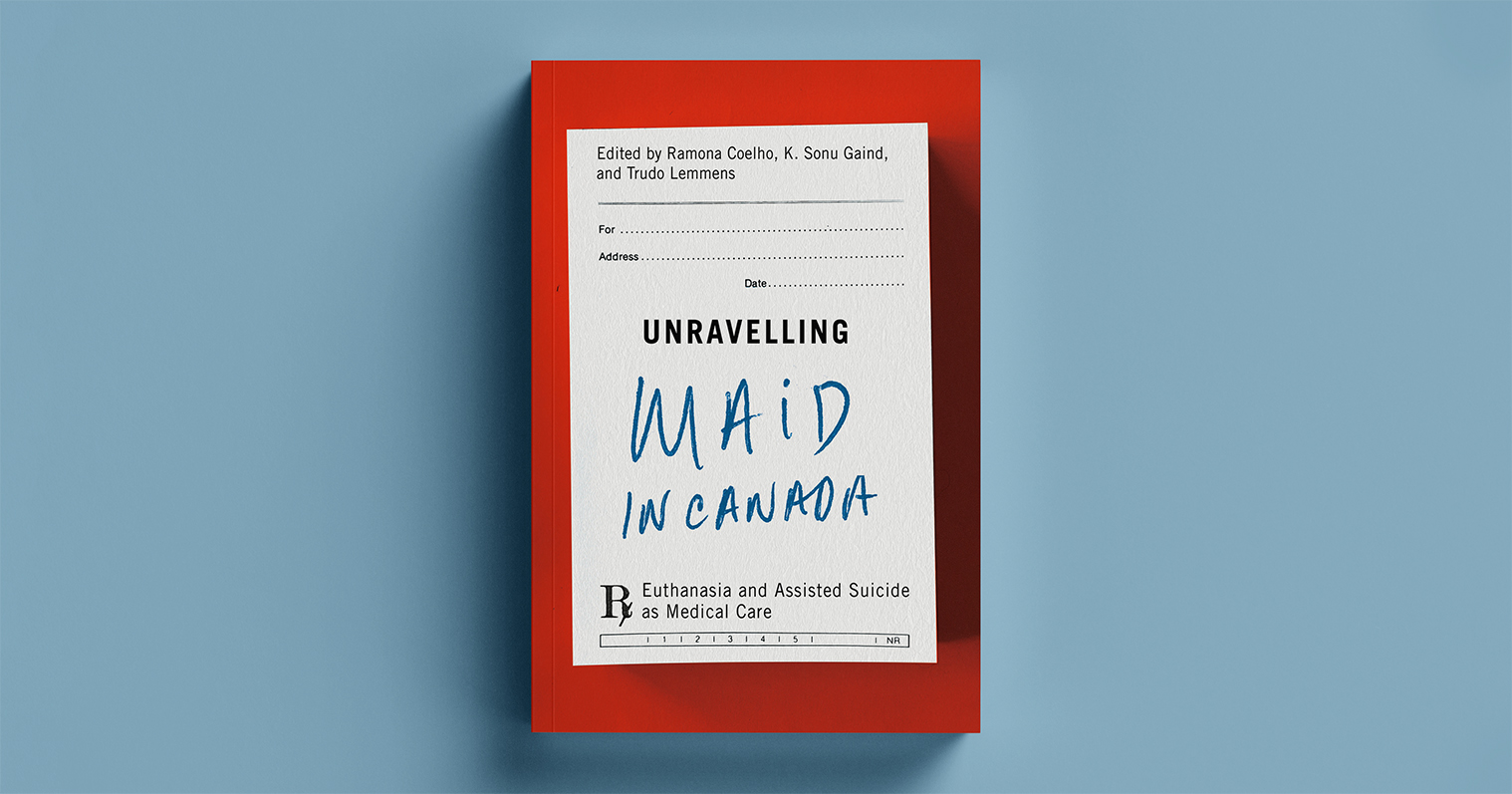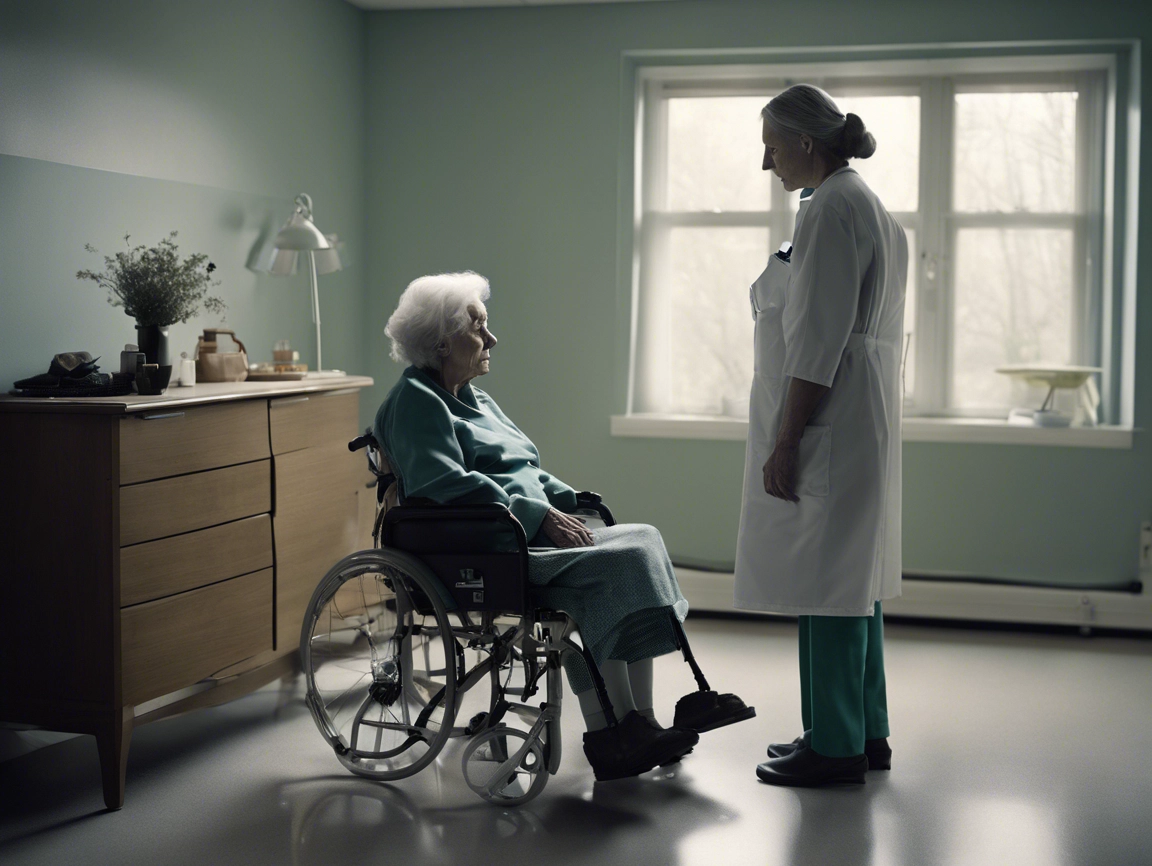Physicians’ Alliance against Euthanasia
Newsletter, September 2017
Improve care. Make Euthanasia unimaginable.
Dear friends,
Healing is a miracle of nature. Just as the germination of a seed is such a miracle. But these miracles require a supportive environment in which to accomplish themselves. The seed needs soil and water, warmth and light. Healing requires protection of the fragile flame of life. Manipulation of chemical balance. Artificial delivery of food and oxygen. Replication of the function of whole organ systems.
Sometimes healing is complete; a crisis is past and no further support is required. Frequently, however, survival will never again be possible without some degree of purposefully modified environment… (continue reading editorial comment)
Sincerely,
Catherine Ferrier
President
Doctors’ voices
- Dr. Nancy Craig responds in the CMAJ on August 29 to euthanasia enthusiasts’ reference to the “staggering” gratitude of euthanized patients and their families and patients.
- Dr Catherine Ferrier reacts on September 27 against the notion that it better to die than to be placed in a nursing home (CHSLD):
In the news
- Palliative Care is defined (World Health Organization) as a human right. Unfortunately, this moral duty is not evenly honoured around the world. In Canada, we would like to see that same attention and urgency given to the desires of non-suicidal patients as we see presently accorded to those of the suicidal minority.
- Dying with Dignity may challenge Ontario law exempting religious hospitals from offering assisted death. Such a change would further reduce available choices for non-suicidal patients.
- Delegates to the annual assembly of the CMA supported a motion to extend the application of Canadian euthanasia law. Serious questions thus arise concerning the legitimacy of the CMA in representing the true sentiments of Canadian doctors, of whom over two thirds have said they will not participate in the euthanasia programme.
- In Quebec, euthanasia activists are attempting to do away with the condition that a suicidal patient’s natural death must be reasonably foreseeable in order to access state suicide assistance. The Canadian Justice minister would like to demonstrate that this condition does not infringe the Canadian Charter of Rights and Freedoms. A failure in this contest would represent a further erosion of Canadian democratic will and process in favor of legislation by decree from an unelected activist judiciary.
- In Shawville QC a family has made a formal complaint against the hospital after a non-suicidal cancer patient, still far from the terminal stage, allegedly had his life ended by a doctor who refused to treat his bladder infection, pretexting that it would be “(sic) better to die of this now than of cancer later…”.
- A pathetic account from Belgium where the latest proposed legislation would enable state assisted suicide for seniors who are “(sic) tired of living”.
- Detailed list (the only one we’ve seen) of the statistics on euthanasia in Quebec since the law came into effect, by the Protection of Conscience Project. Several establishments have not yet published their statistics despite being required by the law to do so.
- Canadian Psychiatric Association member survey: the majority is in favour of “medical aid in dying”, but 54% oppose it if mental illness is the sole source of suffering.
- Canadian Mental Health Association Says No to Medical Assistance in Dying Solely on the Basis of Mental Illness
- The American College of Physicians takes a clear stand against assisted suicide:
- Manitoba is one place where the right of hospitals to refuse euthanasia is protected by law. But in this report, as usual, all opposition to euthanasia is falsely qualified as “faith based”.
- Doctors in the Netherlands remind us that “euthanasia is not a right”.
From the trenches
What’s the prognosis, doc? Dr. Roger Ladouceur reflects in the Canadian Family Physician on how poor we often are at predicting a patient’s prognosis, a serious problem now that we have a law in which euthanasia is permitted for those expected to die soon.
According to a survey of 306 family caregivers of people with Alzheimer disease, 91% are in favour of euthanasia by advance request.
Excellent commentary by Mathieu Bock-Côté.
Heated discussion in France about euthanasia in cases of amyotrophic lateral sclerosis (ALS), after the public statement of a writer diagnosed with the disease. The Association pour la recherche sur la SLA firmly opposes it.
Does death have a meaning? Interview with Yale bioethics professor Lydia S. Dugdale:
Elder abuse – a real and present danger:
How the media promotes (some) suicides:
If you have experiences related to our work that you would like to share with your colleagues, please send it to info@collectifmedecins.org.
Resources
Cambridge University Press, Euthanasia and Assisted Suicide: Lessons from Belgium. Jones DA, Gastmans C and MacKellar C, editors.
Events
Book launch in Montreal: Soins palliatifs : accompagner pour vivre by Jean-Marc Barreau and Maria Karas. Wednesday November 1 at 7 :00 p.m.
November 3, 2017. Scientific Day of the Quebec Research Network in Palliative and End of Life Care :
Quebec’s first provincial conference on chronic pain, November 8-11.
Palliative Care McGill Continuing Professional Education Day Friday, November 24, 2017:
In the literature
BMC Psychiatry, June 23, 2017: Euthanasia for people with psychiatric disorders or dementia in Belgium: analysis of officially reported cases.
British Medical Bulletin, July 13, 2017. Physician-assisted suicide – a clean bill of health? Examined annual reports of the Oregon Health Authority and published research papers. Found that not all recipients of lethal drugs use them to end their lives and that there were improvements in palliative care provision. However, also observed “rising numbers of deaths from PAS. Emergence of ‘doctor shopping’ and multiple-prescribing. No oversight when prescribed drugs are ingested. Recent pressures to extend Oregon’s PAS law.”
Journal of Oncology Practice, August 29, 2017. Reasons to Reject Physician Assisted Suicide/Physician Aid in Dying. “This editorial distills the arguments against PAS/PAD and the adverse implications it has for oncology professionals and persons with advanced terminal cancer.
Healthcare Quarterly, July 2017. The Delivery of Palliative and End-of-Life Care in Ontario. “Most Ontarians received limited palliative and end-of-life care in the community, despite prior findings that many older adults with a terminal illness want to spend their last days at home. Overall, fewer than 1 in 5 received palliative home care and fewer than 1 in 10 received a palliative physician home visit in their last year of life.”
If you come across articles that could be of interest to colleagues in the Alliance please send the reference to info@collectifmedecins.org.
SUPPORT OUR EFFORTS so that we can continue to speak on your behalf:
Increase our media impact:
- Invite your entourage to become a supporter of the Physicians’ Alliance >>
- Invite your entourage to follow us on Twitter >>
- Invite your entourage to like our Facebook page >>
- Invite your entourage to subscribe to our Youtube channel >>



